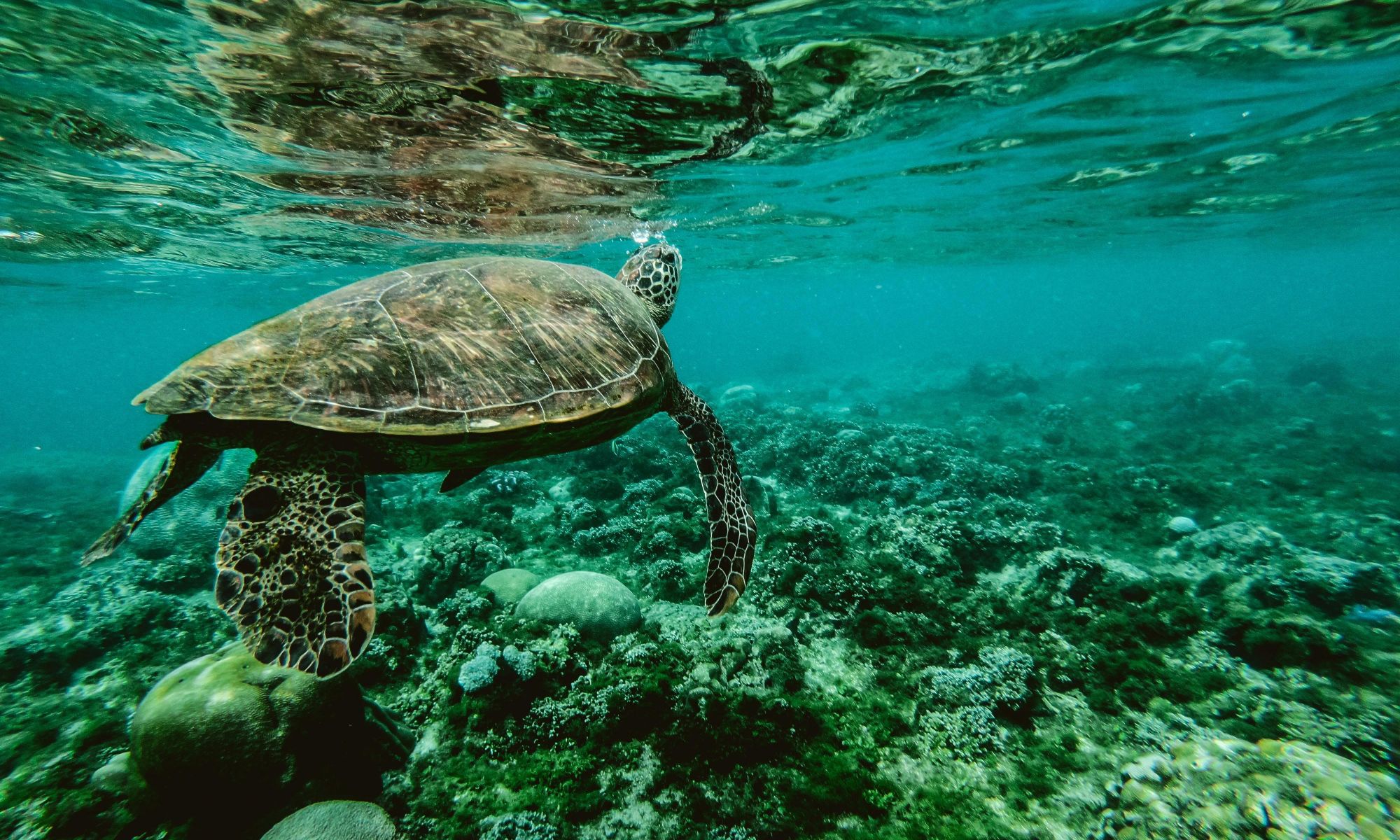
Who Invited These Guys?
Sometimes, living plants and animals are moved from their indigenous habitat to a new area, in the new area they become alien species. In some new places, the alien species do not survive; in other places, they thrive and reproduce. When the alien species takes over the new area and kills the indigenous species, they become invasive alien species.
The world’s greatest hitchhikers
Alien species move from one place to another in different ways:
- People can move them by accident or on purpose.
- Alien species can take a ride in or on unprocessed wood, packaging, machinery and vehicles.
- Airplanes have lots of hiding places, giving species a free ride to a new continent.
- Alien species travel across the oceans in the water that is carried in ships known as the ballast water.
- When pet owners release their domestic pets into the wild, they may be unknowingly releasing a future invader.
- Some invasive alien species cross our borders by laying eggs in imported fruit.
- Rivers spread invasive alien species by washing up the seeds of trees on the riverbank downstream.
Wind can also help spread the seeds.

Why Do Some Aliens Do So Well in Their New Homes?
Some invasive alien species are able to live in different climates; hot or cold, dry or wet, windy or calm. They eat different types of food, so they always find a meal. Often in the new area there are no predators or diseases to stop them from flourishing, meaning they can eat, grow, multiply and expand their range quickly and easily.
(Article credit: WESSA Envirokids Magazine Vol 38, 2017)
Related News
How can I assist you today?
How can I assist you today?





